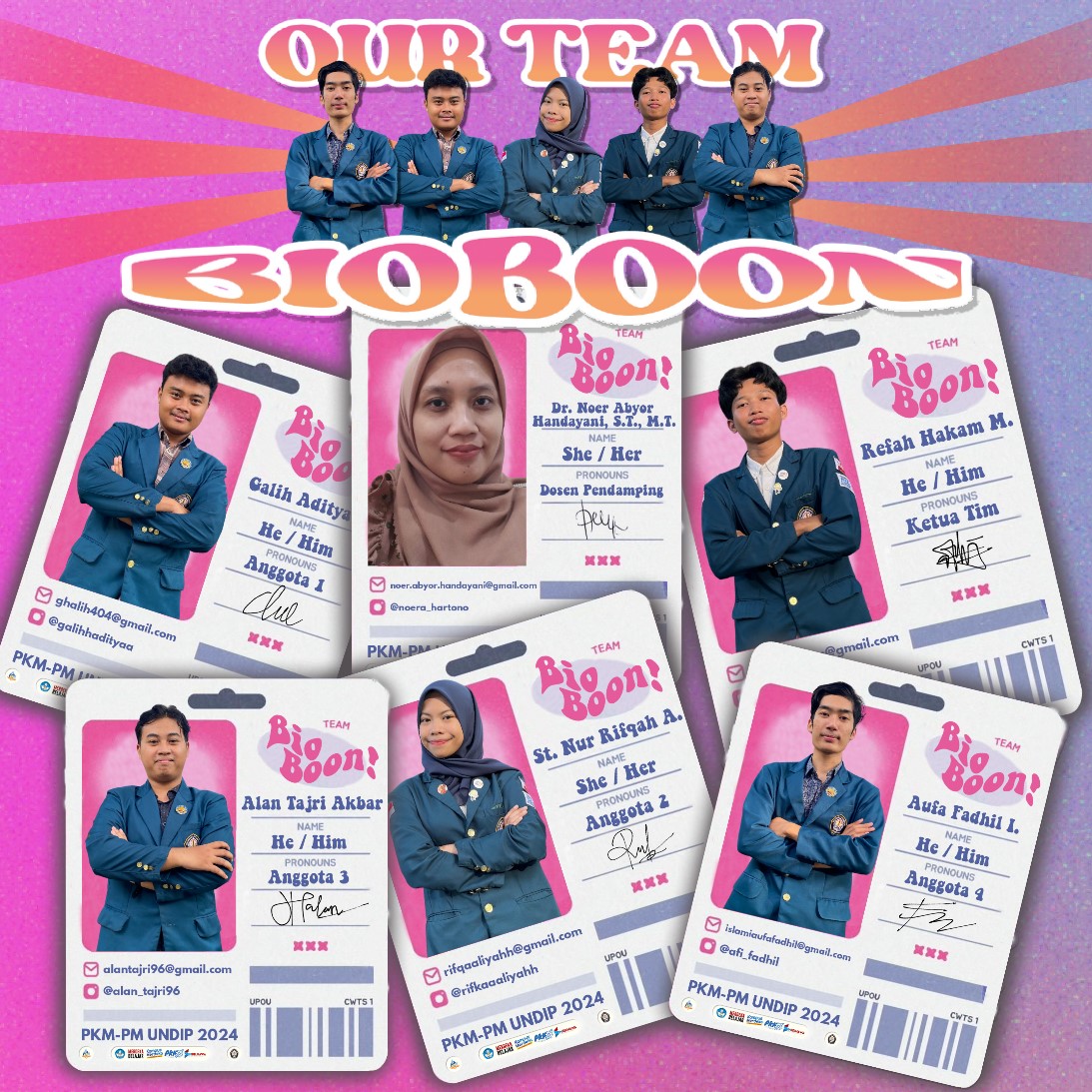Many farmers still take waste management as a non-priority, so the waste is just gathered or discharged into wells and rivers, polluting the environment and harming the people around it. The accumulation of cattle dirt causes unpleasant smells and becomes a disease medium, while the waste in the river disrupts the biotope and pollutes groundwater. Some simple waste treatment concepts that can be implemented in Jaburahan Kelurahan are biogas and bio-slurry. Biogas, obtained from the fermentation of organic materials such as agricultural waste and animal debris, contains 50%-70% methane and can be used as cooking fuel. The biogas formation process can be accelerated with an EM-4 catalyst, which contains bacteria and microorganisms that help degrade organic material. The by-product of this fermentation is bio-slurry, a nutrient-rich organic fertilizer that is good for agriculture. This information forms the basis for the author to develop an IoT-based biogas and bio-slurry manufacturing facility in Kelurahan Jabungan through the Student Creativity Programme of Commitment to the Society (PKM-PM) which aims to process cattle debris into bio-gas and biosurry.
However, the UNDIP Student Creativity Program (PKM) Team in the field of Public Service has been innovative by creating the program by integrating IoT for gas distribution security so that the biogas facility is expected to operate smoothly with pipeline network monitoring integrated with IoT to prevent hazardous methane gas leaks. In addition, the other objective is to reduce the use of LPG so that it can save the economy of Jabungan citizens and can use the waste or waste from the fermentation process of such biogas as a safe bio-slurry for plants. It is expected that this biogas technology will be an environmentally friendly solution in rural areas that focuses on farming and agriculture. The team is headed by Refah Hakam Muhammad (Chemistry Technician) with members Alan Tajri Akbar (Geodesy Technical), Aufa Fadhil Islami (Geodetic Technicians), Galih Aditya Fernanda (Computer Technology), and St. Nur Rifqah Aliyah (chemistry technicians) under the guidance of Dr. Noer Abyor Handayani, S.T., M.T.
This community service program is expected to be able to address the weaknesses of previous research or program because of the program it is running can address the problem of hazardous methane gas leakage, besides the program offers features of monitoring the condition of gas, gas capacity, and other so that the implementation of these activities can be more efficient. These innovations are expected to deliver solutions to the problems experienced by the Jabungan community in terms of more efficient and environmentally friendly use of livestock waste through the creation of an IoT-based energy independence, as well as help Indonesia in achieving two Sustainable Development Goals (SDGs) 2030, namely “Decent Work and Economic Growth” and “Partnership For The Goals”.

